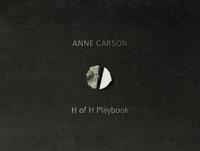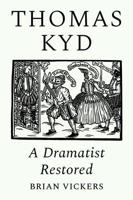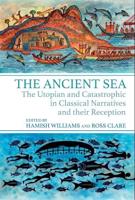Publisher's Synopsis
Excerpt from Ecclesia Anglicana: A Poem; Containing, an Historic Portraiture of the British Church; With a More Particular Reference to York Minster, an Apology for the National Reformed Church, and Reflections on the Opinions and Aspect of the Present Times
Introduction.-design and Invocation. - Glance at Heathen Britain. - Blessings of Christianity and Civilization. - Idolatry of the Britons - The Druids - Inquiry respecting the first Publishers of Christianity here. - This fact doubtful: but certainly published early. - Lucius, first Christian King - Sends for Christian Teachers from Rome - Their success. - They spare the Heathen temples.-the Gospel early corrupted: -but never totally extinguished from this time - Persecution by Pagan Emperors. - Their punishment described from the opening of the Seven Seals - Limited duration of Pagan persecutions - Martyrs who suffered under them. - Alban, the British proto-martyr. - Constantine gives rest to the Church. York celebrated as his birthplace - Proofs that it was so. The spread of Christianity under constantine.-the Church now tried by prosperity. - The rapid growth of heresies. Arianism described and refuted. - Keby, a faithful British Fasten - Britain chastised and distressed by Northern Incur sions. - Pelagianism new first introduced: Compared with Arianism. - Pelagius, a Briton by birth. - His errors described and refuted - Germaine and Lupus oppose them in Britain. The British in vain seek help from Rome. - Vortiger calls in the Saxons. - Their cruelty. - Their idols mentioned - The British are driven into Wales - Church still exists there.
About the Publisher
Forgotten Books publishes hundreds of thousands of rare and classic books. Find more at www.forgottenbooks.com
This book is a reproduction of an important historical work. Forgotten Books uses state-of-the-art technology to digitally reconstruct the work, preserving the original format whilst repairing imperfections present in the aged copy. In rare cases, an imperfection in the original, such as a blemish or missing page, may be replicated in our edition. We do, however, repair the vast majority of imperfections successfully; any imperfections that remain are intentionally left to preserve the state of such historical works.










